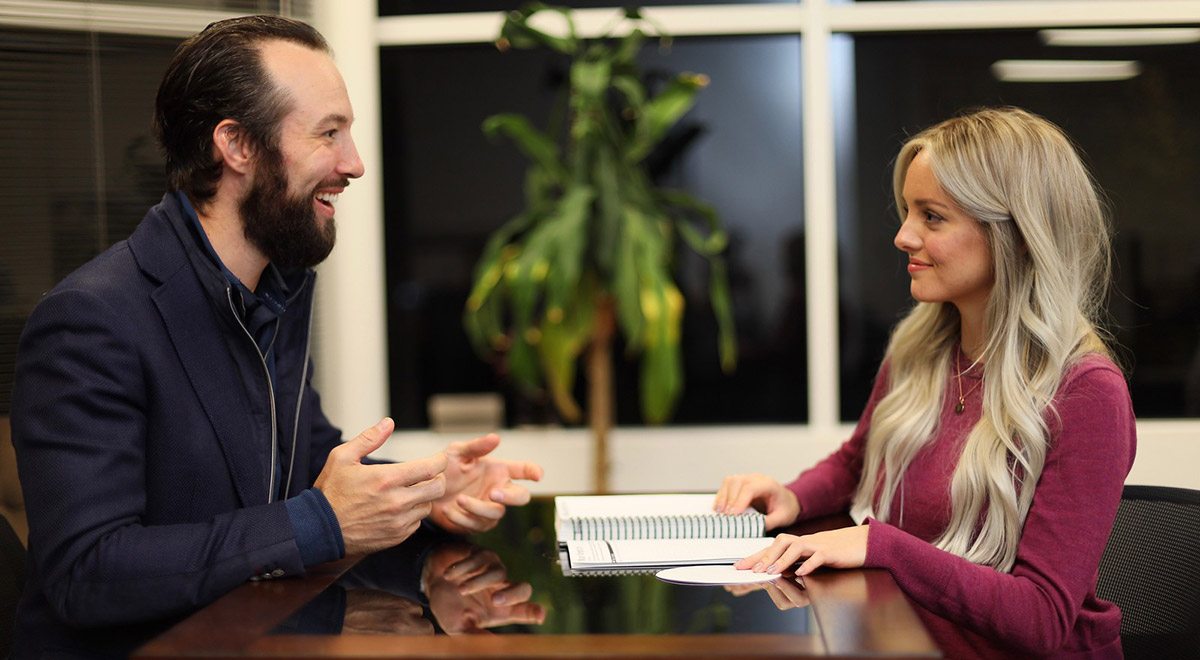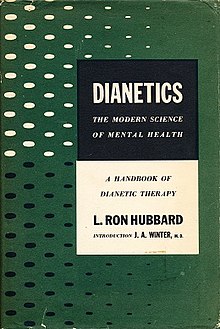The Definitive Guide for Dianetics
The Definitive Guide for Dianetics
Blog Article
A Biased View of Dianetics
Table of ContentsFascination About DianeticsThings about DianeticsWhat Does Dianetics Do?The Single Strategy To Use For Dianetics
I could not ever before not wish to obtain anything that enters your mind for you- if it was otherwise, I wouldn't be sitting below with you, doing this. I not just might never have an issue, or not want to listen to something that enters your mind for you, but I'm entirely eager to understand every idea, every idea, every picture or feeling that emerges or shows up for you- don't ever think or else, and if for some factor you do, please just allow me understand! Occasionally, you might have a thought, and photo, concept or case appear that does not seem to address the concern, or associate with it, but however, always do inform me regarding it, and as we continue, the relevance will certainly emerge for you.This is integral in the basis of processing, and the subject of this discussion: the basic duties of the therapist and the customer: The basic duty of the counselor is, in contrast to "conventional training", not to control, which indicates to impose and/or hinder, yet to instead work from the basis of EMPOWERING THE CLIENT.

Get This Report on Dianetics
John Mcmasters expressed this fundamental reality wonderfully well in among his talks on Power handling, in which he discusses just how he was asked what this "special knack" was that he had for providing such fantastic sessions; he needed to believe about that for a minute, and identified that it was what he wasn't doing, along with what he was doing: he wasn't assessing, evaluating, computer, or as a matter of fact, creating any type of thoughts, not to mention spoken expressions, after offering the command and while awaiting the computer to complete their solution to their contentment; he was, just and just, being present with the PC, and totally interested.
The duty of the therapist, showed; that was his "unique knack". I have had my very own experience which educated me this well, very early in the video game. In 1982, having just recently completed my training and internship on New Age Dianetics, I was running this on a PC, and there was a factor in the session where (being a bit damp behind the ears not yet having lots of hours under my belt as a specialist auditor) the PC seemed to be "taking as well long" to reveal anything verbally after I offered him a command.
This trick turned out to be one of site web the most useful contribution that John ever made to the subject of treatment or bookkeeping (Dianetics). In my simple point of view, it is the best contribution that anybody has ever made to these subjectsthe application is completely non-judgemental, non-evaluative, and lacking any kind of idea, recommendations or opinion.no preconditioned program for people, or 'levels' that they need to do
In Idenics, the only source of info regarding a customer is the specific customer. In Scientology we prided ourselves on not reviewing for individuals. Yet all that truly implied was that the auditor did not vocally assess for the PC in session. The registrars and ethics officers evaluated for the PC.
The Single Strategy To Use For Dianetics

Anyone that had ever before seen John audit might not aid however notice a distinct quality in his bookkeeping."The client's fundamental role is to be there with the function of relocating the instructions of their spiritual goals, and to openly and fully reveal and experience whatever materializes for them in addressing the concerns and implementing the directions in the handling.
This is something to process as required. But likewise, individuals frequently have prior experience and/or brainwashing in auditing/processing which, in some means, and to some extent, really deceives them into perspectives, ideas and habits patterns that protect against the full awareness of Home Page these roles, and so they will tend to prevent the expressing of what comes to mind, as in the instances offered above. * The very first, and maybe foremost examples of mis-indoctrination causing much less than totally smooth and efficient sessions, can be discovered in particular facets of the navigate here training regimens, or "TR's":"TR's" are often a person's very first, or a minimum of early, experience in Scientology, and while I will go on to discuss what I see as the flaws in idea and practice, nonetheless, have a tendency to be considerably restorative, done as they are offered (Hubbard urges that "TR's are not processing, they are training", however factually, they are both handling AND training)
There is no "flunking", and no rejection of the reality of this being processing. The focus, as it must be, is on experiencing the various other individual's visibility.
Dianetics - Questions

Report this page